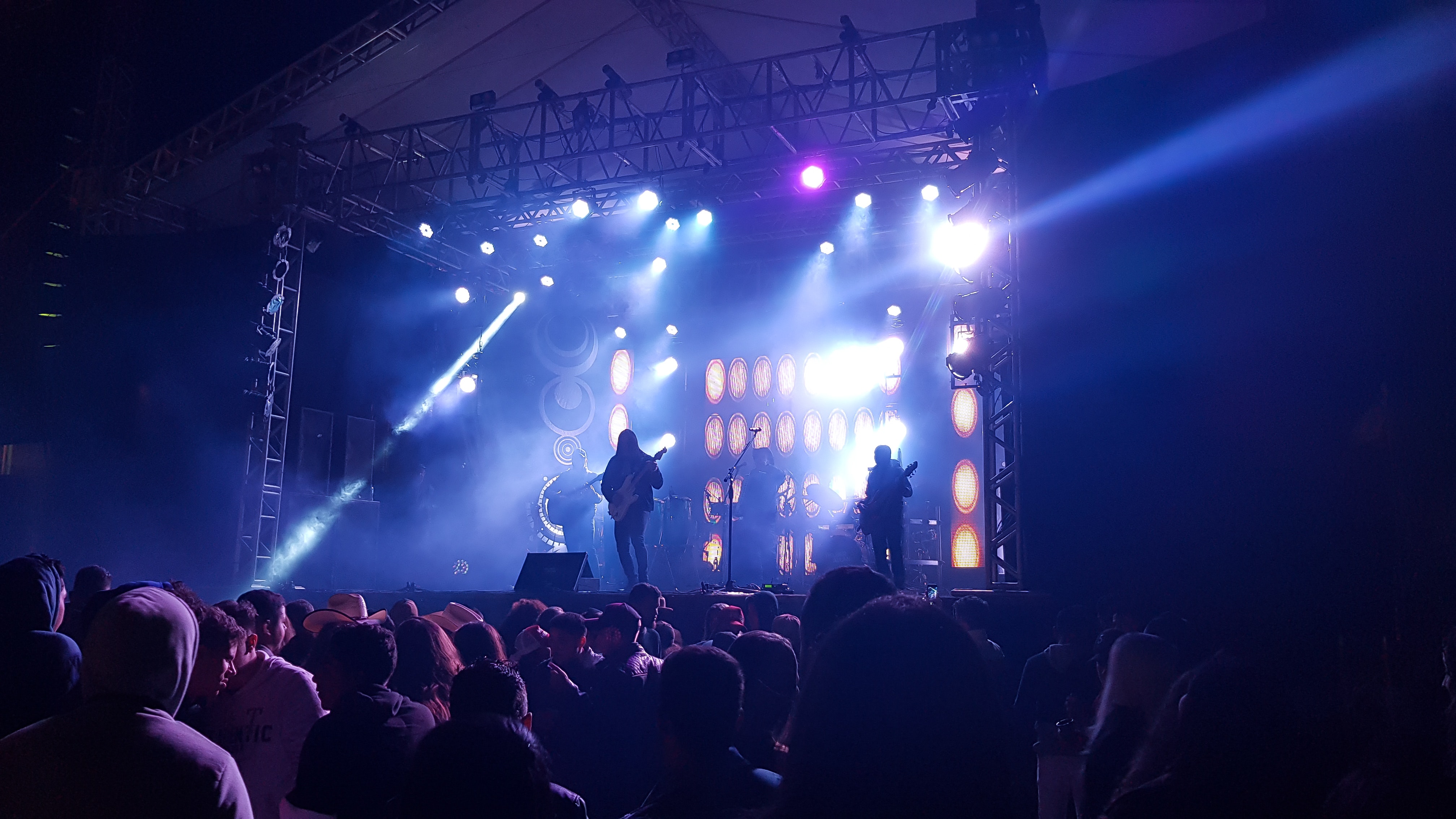Music Festival Genres and Demographics.

The demographics attributable to particular genres of music are key elements in planning artistic content for music festivals. There are so many diverse genres around the world and the demographics are constantly changing, what are the latest trends and how could this impact on genre and artist selection for festival organisers.
Music genres and their corresponding demographics can sometimes be subjective and robust research can be difficult to source as the tastes and demographics associated with particular genres constantly shift. When considering festival content for mixed genre events artistic directors and curators need to find the right balance that fits their existing ticket buying customer profiles as well as attracting new customers too. A key factor to consider when looking at any data regarding genres and demographics is that music listened to in private in a digital format can be completely different to preferred genres for live events like music festivals.
Digital Music Preferences and Demographics.
According to research issued by Statista the digital music preferences (when not restricted to a single choice) for consumers in the United States in 2022 shows the following:
- Rock / Alternative / Indie 42%
- Pop / Contemporary 36%
- Country 35%
- Hip Hop / R&B 33%
- Classic 26%
- Dance / EDM 23%
- Jazz / Blues 18%
- Folk 13%
However, when looking at a global perspective the numbers differ slightly :
- Pop / Contemporary 64%
- Rock /Alternative / Indie 57%
- Dance / EDM 32%
With the other genres not making any significant impact. Statista data from 2018 suggests that the age groups that identify with particular genres varies with Rock music having an older audience profile and Hip Hop falling mostly in the teenager groups. Other genres were fairly evenly spread across all age groups.
Research published by the University of British Columbia* suggests that social class has an impact on cultural attitudes and music genre preference. Poorer, less-educated people tended to like Country, Disco, Easy Listening, Heavy Metal and Rap. Meanwhile, the wealthier and better-educated preferred genres such as Classical, Blues, Jazz, Opera, Choral, Pop, Reggae and Rock. Although the study determined that wealth and education do not influence a person's breadth of musical taste but other factors such as age, gender, immigrant status and ethnicity shape musical tastes in complex ways.
Music Festival Genres.
The data for music genre preferences when listening alone at home can be completely different from a live music event. Festival-goers have a tendency to prefer more up-tempo genres which may explain why the most popular music festival genres can be quite different. Pop, Rock and EDM still dominate mixed genre festivals despite the rise in Hip Hop and R&B for digital music preferences. The mixed genre festival still puts a heavy emphasis on Pop and EDM and genre specific festivals continue to be dominated by EDM dance music with Hip Hop relegated to smaller minority events.
Demographics Driving Genre Selection.
The data suggests that festival-goers who prefer Pop, Rock and EDM are older and more likely to have a higher disposable income and with festival attendance costs rising they are not attainable for the majority of teenagers. Whilst many curators have increased the percentage of Hip Hop and R&B genre artists in recent years it remains a subdued minority genre for most live environments.
The music genre preferences differ between home listening and live events and these move over time. On a global stage Rock has been declining and Hip Hop has been rising but this has yet to be reflected in festival genre selection. As festival-goers get older this may change in the future and it is a constant challenge for talent curators in mixed genre festivals to find the right balance. For festival organisers sticking to specific genres the curation process is far simpler and EDM focused festivals remain the some of the largest, most popular and growing genre specific events.
For festival organisers planning their events using a software management platform like Festival Pro gives them all the functionality they need manage every aspect of their event logistics. The guys who are responsible for this software have been in the front line of event management for many years and the features are built from that experience and are performance artists themselves. The Festival Pro platform is easy to use and has comprehensive features with specific modules for managing artists, contractors, venues/stages, vendors, volunteers, sponsors, guestlists, ticketing, cashless payments and contactless ordering.
*Canadian Review of Sociology 2015
Photo by Andre Moura from Pexels
<< Back to articles
Contact us
Get in touch to discuss your requirements.
US: +1 424 485 0220 (USA)
UK: +44 207 060 2666 (United Kingdom)
AU: +61 (2) 8357 0793 (Australia)
NZ: +64 (0)9887 8005 (New Zealand)